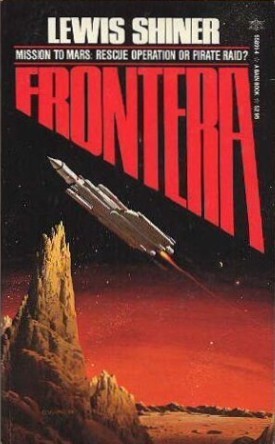What do you think?
Rate this book


286 pages, Paperback
First published August 1, 1984
‚ÄòCurtis‚Äôs regime reflected the man‚Äôs personal sterility and lack of humor. Reese had seen the cameras that tracked him as he walked, the sort of obsessive power icons that became venerated when true power was slipping away.‚Ä� (p. 109)
‚ÄòThe orange shell of the shuttle‚Äôs external tank seemed unlucky to him‚Ä�.‚Ä� (p. 52)
‚Äò‚ÄúRoger. Main throttle at 104%. All three main engines go at throttle up.‚Äù‚Ä� (p. 54)
‚Äò‚ÄúAh‚Ä�, Blok said. ‚ÄúHow Russians love a purge. Chistka, they call it. [Shouldn‚Äôt this be ‚Ä�we call it‚Ä�?] The cleaning. Out with socialism, the god that failed! In with western corporations! Blue jeans! Rock and roll!‚Äù‚Ä� (p. 102)
‚Äòtoo valuable, the [Communist] Party told her, to be risked in the cosmonaut program. There were simply not enough high-ranking women to serve as examples of the Party‚Äôs mythical lack of sexism, and far too many disasters in space‚Ä� (p. 118).